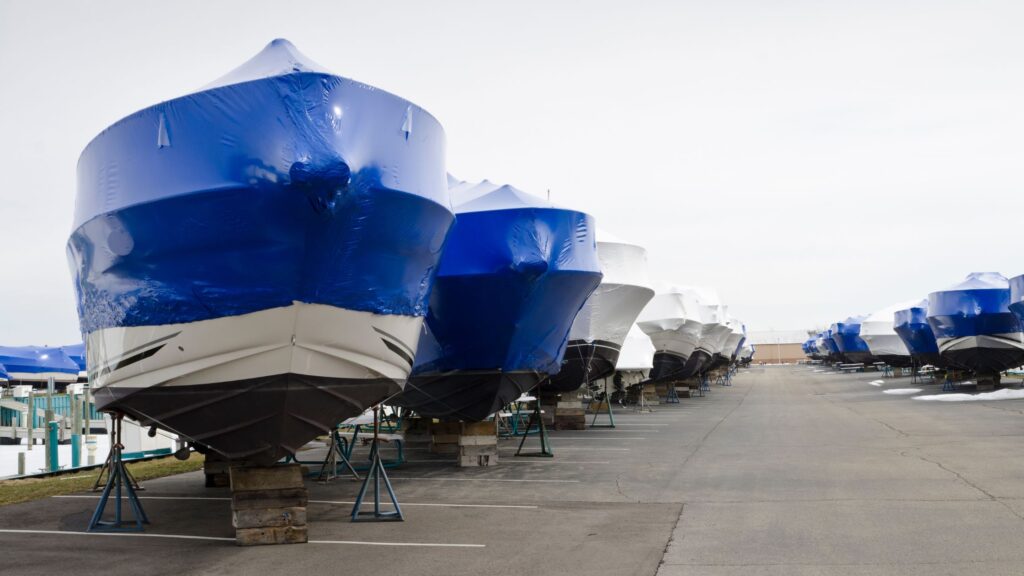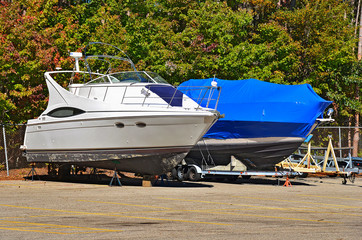If you’re searching for charming vacation spots in Central Texas, North Austin has something for everyone. From wineries and boutiques to natural attractions and cultural events, there are entertaining activities for all ages.
Recreation Near Georgetown, TX
Georgetown, located 27 miles north of Austin, Texas, has “all the cute without the crowds.”
If you’re a fan of the arts, Georgetown’s Arts and Culture Program offers its famous Art Strolls in the Fall and Spring of each year. Visit and shop at participating arts and culture venues and enjoy a collection of public murals and sculptures.
You can engage in interactive arts experiences at various businesses and facilities, and enjoy discounted cocktails by Sweet Lemon. The festivities include artist demonstrations, live music, and entertaining performances.
You’re sure to find an abundance of excellent shopping opportunities at the Artist Booths in Grace Plaza. Acrylic paintings by Aaron Damon Porter and Lynn Kessel and jewelry by Kathleen Luncy are just a sampling of the stunning finds you’ll discover during your stroll.
If you are a fan of live performances, don’t miss the Georgetown Palace Theatre. It was established in the late 90s to save a historic movie house. Today, it’s a thriving attraction, producing first-rate musicals, dramas, and comedies.
Recreation Near Leander, TX
A 30-minute drive from one of Texas’ premier lakes, Leander offers a variety of outdoor spaces to enjoy the beautiful Hill Country. Sandy Creek Park and Lakewood Park are the perfect places for swimming, camping, hiking, fishing, and bird-watching.
Sandy Creek Park, nestled in the basin of Lake Travis, provides an ideal spot for those who enjoy a more serene environment. Enjoy the lake’s natural beauty away from the heavy boat traffic found in other parts of Lake Travis.
If you’re more into shopping than outdoor activities, Old Town Leander is your perfect spot. Located in the heart of Leander, you’ll find breweries, wineries, a farmer’s market, and more. The Old Town Street Festival, held on the first Saturday of June, is a popular event with attractions for everyone.
This year’s headliner is a Texas favorite, The Cory Morrow Band – Tried and True Texas Country Music. Along with the music, the festival features local and national artisans offering a variety of original artwork, jewelry, and other delightful items.
Recreation on Lake Travis
If you’re looking for fun on the water, Lake Travis is your destination. With 271 miles of shoreline, Lake Travis offers a wide range of options for water enthusiasts.
Whether you’re looking to rent a stand-up paddleboard or indulge in the luxury of a yacht, you’ll find it all here. For experienced sailors, there is the option to rent a boat without a captain. This means you’ll be in charge of navigating the lake’s waters on your own.
If your goal is to relax and soak up the sun or enjoy a fishing excursion, you can choose a captained rental. With a captain at the helm, you can simply focus on having a great time and making lasting memories. Additionally, most rental companies provide various water toys that will add an extra element of fun to your experience.
Lake Travis offers activities for all ages. Located on its eastern shores, Waterloo Adventures is an on-the-water playground offering climbing walls, monkey bars, slides, and more. Right next door you’ll find Lake Travis Zipline Adventures ranging from 250 feet to 2800 feet, the longest and fastest zipline in Texas.
And don’t forget about the golfers in your group. Lake Travis golf courses provide breathtaking scenery along with incredible golf.
Storing Your Toys
If you’re taking your luxury RV as well as your watercraft camping in Sandy Creek Park or boating on Lake Travis, 5 Star Boat and RV is the premier boat and RV self storage facility in the area. Conveniently located in Georgetown, TX, it’s a short drive to most local attractions.
At 5 Star Boat and RV, you’ll find secure and convenient storage solutions to meet your unique needs. We can store RVs, motor homes, campers, boats, trailers, kayaks, canoes, and any of your other recreational equipment.
We offer a range of storage options for all of your toys. If you need them, we have a dump station, water station, water tanks, and an air station. Drive-up storage, wide aisles, and extra-high ceilings make storage a hassle-free experience.
With our advanced security measures, including fully-fenced and well-lit properties, high-tech video surveillance systems, and electric gates with keypad access, your items are in good hands.
Whatever your needs, we offer uncovered, covered, and enclosed storage for boats and RVs.
We understand that flexibility is important to our customers. That’s why we offer convenient month-to-month leasing. You can rent storage space for as long or as short a time as you need. as you need it.
Whether you need short-term or long-term storage solutions, 5 Star Boat and RV, managed by Trusted Self Storage is here to help. Experience uncompromising storage and amenities with us.
Visit our website or give us a call today to find the perfect storage solution for you.
Final Thoughts
With great weather right around the corner, get a jump on planning your summer adventures. North Austin, Texas offers a variety of cultural events and outdoor activities for everyone. There is so much to do and so much to see.
And, don’t forget, if you need boat and RV storage, call 5 Star Boat and RV. We’ll find storage that is the perfect fit for your needs and your budget.

